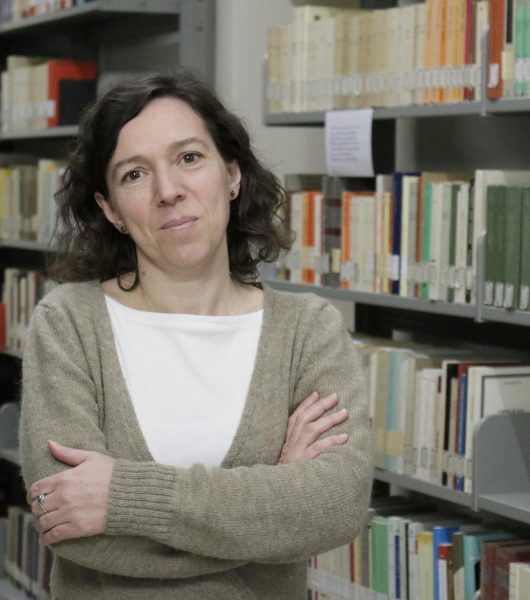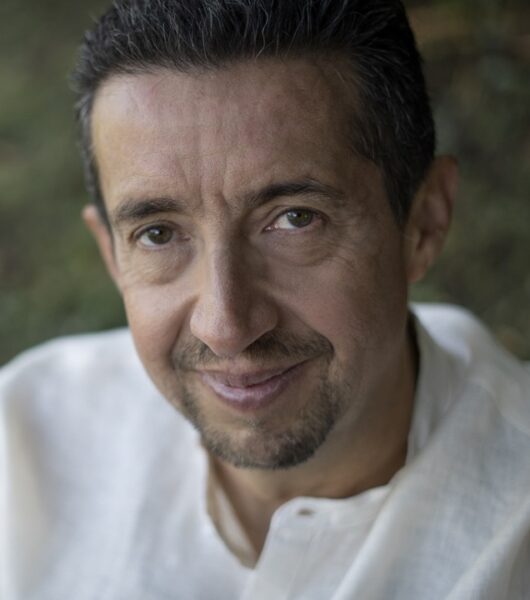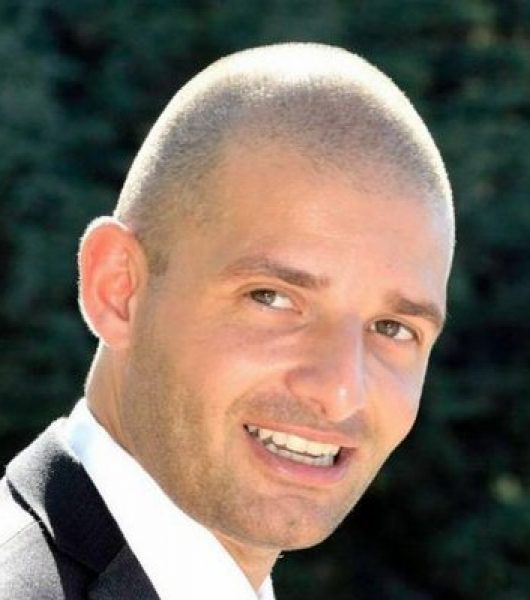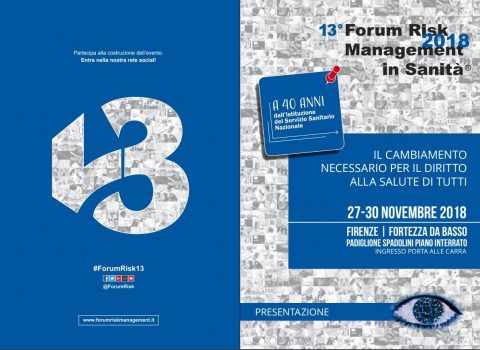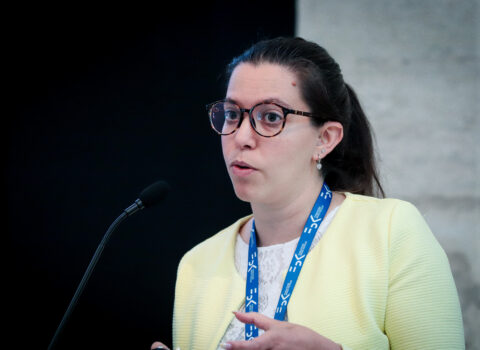
Clinical ethics and new technologies: open issues in healthcare
A public conference to take stock of clinical ethics and new technologies was held on December 14 and 15, 2023. Organized by FBK through the interdisciplinary collaboration between the Digital Health & Wellbeing and the Religious Studies centers, in cooperation with Interdisciplinary Group of Clinical Bioethics and Ethical Counseling in Health Care, Italian Society for Health Technology Assessment and Pontifical Academy for Life.
Ethics is at the heart of contemporary challenges, particularly in the delicate clinical and care context, and even more so in light of new technologies and artificial intelligence. Ten years after the “Trento Document,” which promoted clinical ethics consultation in Italy, the city hosted a two-day event dedicated to deep reflection on these critical issues.
Where does ethics counseling stand in Italy? Presenting a variety of experiences and approaches and highlighting the progress and challenges encountered in the field of clinical ethics in our country, experts shared their knowledge and best practices, promoting constructive discussion. A session of the conference was devoted to the connection between ethical counseling and new technologies, pointing out how technology innovation is redefining the healthcare landscape and raising important ethical questions. Dilemmas related to the use of artificial intelligence and advanced technologies in the medical field were explored.
On the first day, attendees shared practices in the clinical setting, particularly with reference to the ethics advisory service, and emphasized, in addition to the importance of ethics, the necessary multi-professionality within ethics committees, which allows for dealing with distances and divergences in moral views, comparing different approaches and expertise with respect to the cases discussed, and managing the complexity of family members’ expectations. Uncertainty is a trait that denotes the ethical/moral dimension.
Lucia Galvagni clarified that ethics has three main functions here: mediating, since it facilitates exchanges of view and discussion; interpreting the values, principles and interests at stake; and determining the goals, priorities and objectives of medicine and healthcare. Clinical ethics seeks to make implicit premises explicit, supports complex stories, identifies issues and analyzes the dynamics of a situation, guides from uncertainty to decision-making, proceeding on a case-by-case basis, brings ethical contribution in medicine to a plane of practice, and helps shape decisions while also taking into account legal and deontological components.
On the second day, the focus shifted to the contribution of bioethics in the development of new digital health solutions based on artificial intelligence. Mauro Dragoni, Oscar Mayora, and Monica Consolandi spoke on these aspects from various perspectives. The latter listed the three focuses of a collaborative process in healthcare: need, related to what is required; possibility, focused on what can be done; and ethics, i.e., what is permissible. The researcher stressed the importance of mending the gap between soft and hard sciences by pointing to the term “trustworthy” as the key word: new technologies must be robust and ethically acceptable.
For this reason, the European AI ACT ranks technologies according to risk and sets forth that the user shall not be manipulated. A new paradigm emerges: ETHICS BY DESIGN, a process that involves players and professionals in health, technology, and ethics.
Clinical ethics, it should be remembered, also has an impact on the economic choices that the governance of health systems is called upon to make, interpreting according to fairness from case to case and being able to make a difference on opportunities for care or support of the most complex patients.
Finally, the event was an opportunity to present and discuss the “Trento Charter on Health Technology Assessment,” a key document that addresses ethical challenges related to health technology assessment. This charter represents an effort to provide key ethical guidelines in the context of new medical technologies.
Comment by Giandomenico Nollo, Sihta president: “The disruptive evolution of technologies and their potential in the production of health, poses today a non-trivial question of updating HTA methods. We are assessing, and will increasingly find ourselves having to assess, the value of technologies with increasingly relevant ethical implications. Just think about the pervasiveness of remote sensing technologies, genetic editing, and artificial intelligence. The same technologies are also characterized by unprecedented speed of evolution and myriad potential applications. Thus, we need to equip ourselves with dynamic assessment methods, moving beyond the static ex post approach developed for more traditional technologies, but at the same time, we need to reevaluate the role and methods of assessing the ethical aspects that these technologies raise. This is an additional challenge that HTA must be ready to take on precisely at a time when European and national regulations assign it a pivotal role in clinical governance processes.



